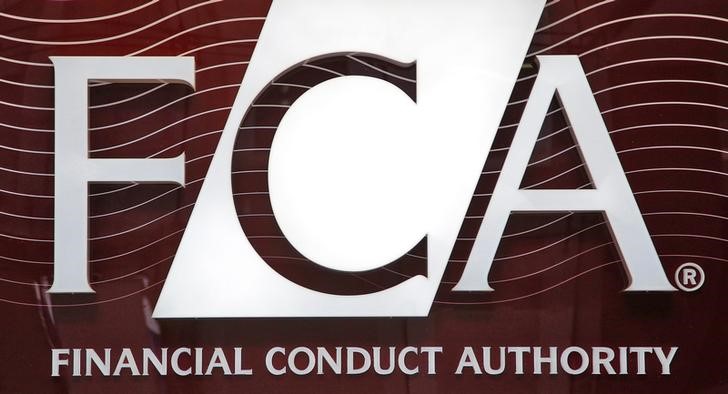By Kirstin Ridley
LONDON (Reuters) - A London court on Wednesday described as "troubling" a case brought by the Financial Conduct Authority (FCA) against a former junior UBS (S:UBSG) trader for alleged Libor interest rate rigging.
The Upper Tribunal, a court that hears challenges against FCA decisions, dismissed an appeal against a ban from financial services by former UBS derivatives trader Arif Hussein.
But judge Timothy Herrington said there were "troubling aspects" to the case in which a relatively junior trader had been singled out.
"This was against a background of widespread manipulation of Libor within UBS for which senior managers bear ultimate responsibility and which ... was widely condoned," he said.
He said an explanation by FCA lawyer Benjamin Strong about why senior UBS staff had not been brought to account was concerning. Strong said "not everybody is in the jurisdiction" and "the senior people somehow manage to keep their fingerprints off the relevant documents sometimes".
Hussein had challenged a 2016 FCA proposal to bar him for alleged recklessness because he had tried to influence the bank's Libor (London interbank offered rates) to boost his trading positions in 2009.
Libor is used to price trillions of dollars of financial transactions. It is an average interest rate calculated through an "honor system", where a panel of major banks report their estimated costs of borrowing from each other to an administrator.
Judge Herrington said he believed the former trader had not personally sought to manipulate Libor and that he had not acted dishonestly or without integrity while at the Swiss bank.
But in what he called "a tragedy" for Hussein, he said the trader had made a "serious error of judgment" by not being candid with the FCA and when under oath, possibly because he was frightened at the prospect of a large financial penalty.
The FCA said it had examined the available evidence.
"The extent of the evidence, the responsibilities of the individual, where they were based, the action of other agencies and whether they were FCA approved persons were all factors in the nature and timing of any action taken," it said.
UBS, which was fined $1.5 billion by British, U.S. and Swiss authorities over its Libor conduct in 2012, declined to comment.
Hussein, who resigned from UBS in 2009 after a 15-year career to open a burger restaurant in London, said he regretted not coming forward with a full explanation for his actions.
"The FCA wanted to impose an enormous financial penalty on me, which would have put me under dire financial pressure and most likely resulted in my young family losing their home," he said in a statement.

"This financial penalty was to be imposed for conduct - which the judge agreed - I did not commit."